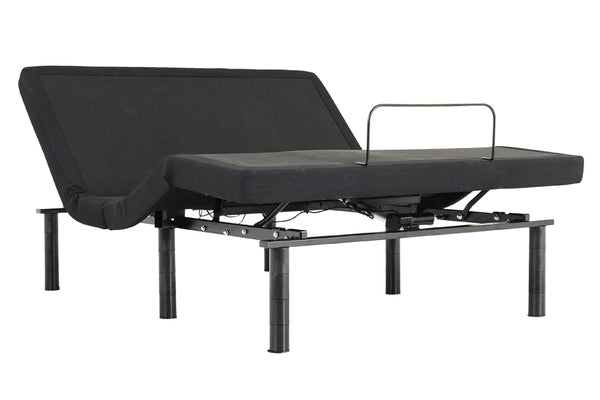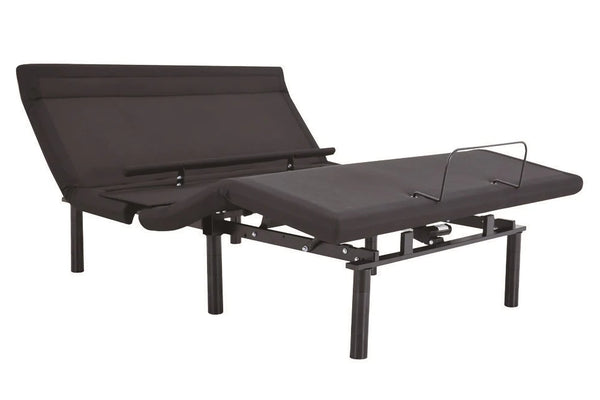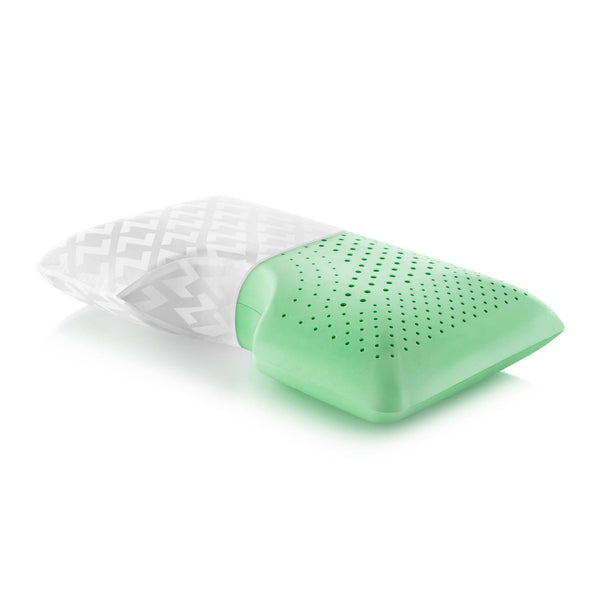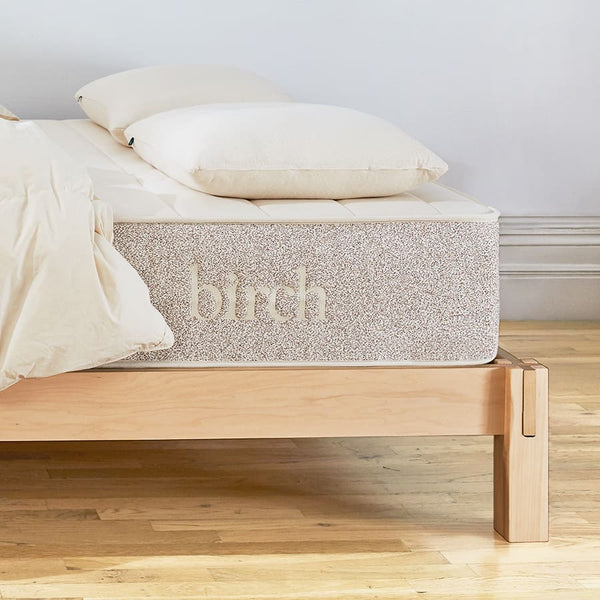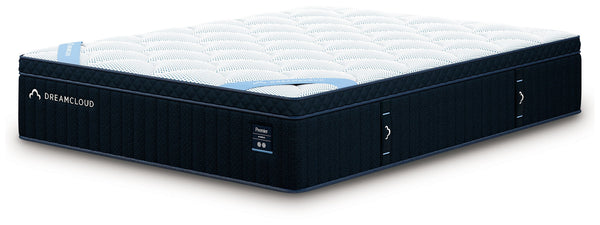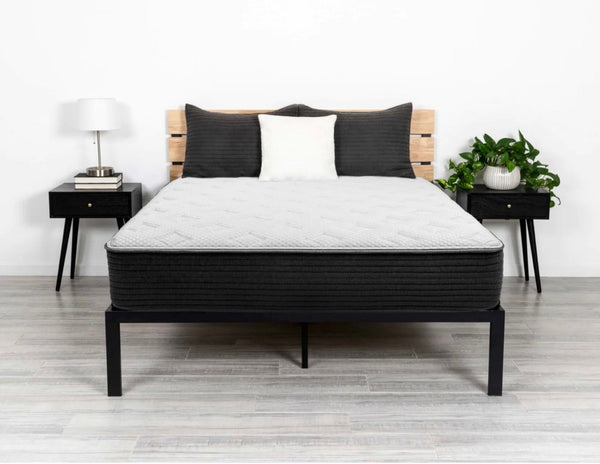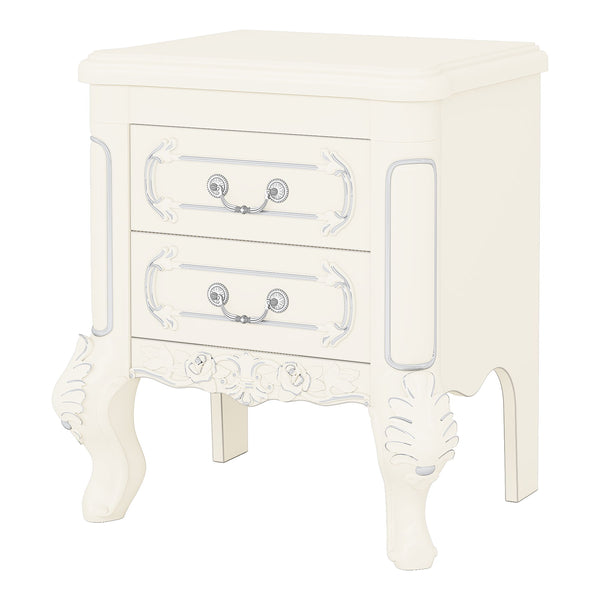
Overview
A good mattress is essential for quality sleep, providing support and comfort tailored to your sleep style. Understanding the science of sleep, choosing the right mattress based on your position, maintaining mattress quality, and recognizing the impact of sleep on overall well-being are key to achieving restorative rest. Additionally, addressing common sleep issues and being mindful of environmental impacts can enhance your sleep experience. Invest time in finding the perfect mattress for your needs to improve your health and happiness.
Frequently Asked Questions
1. Why is a good mattress important for sleep quality?
2. What are the two main types of sleep?
3. How should I choose a mattress based on my sleeping position?
4. What maintenance tips can help prolong the life of my mattress?
5. How does sleep quality relate to overall well-being?
When it comes to achieving a good night's sleep, the role of your mattress cannot be underestimated. Every night, your body rests, recuperates, and rejuvenates, and the surface on which you sleep plays a critical part in this process. A supportive and comfortable mattress is not just a luxury; it is a necessity for everyone aiming to enhance their overall health and well-being. In this blog post, we will explore how a mattress influences your sleep quality and the science behind achieving that elusive, restorative sleep. Let's dive in!
The Science of Sleep
Understanding how sleep works can help you appreciate the fundamental role a mattress plays in reaching deep, restorative rest. Sleep goes through multiple cycles, each varying in depth and function. The two main types of sleep are:
- Non-Rapid Eye Movement (NREM) Sleep: This phase is subdivided into three stages, ranging from light sleep to deep sleep. It is during this phase that recovery and growth occur.
- Rapid Eye Movement (REM) Sleep: This stage is crucial for memory consolidation and emotional regulation. Generally, REM sleep occurs after 90 minutes of falling asleep and is repeated throughout the night.
To transition smoothly through these sleep stages, your body requires a supportive and comfortable mattress. When you rest on a mattress that caters to your individual sleeping style and needs, you are more likely to wake up rejuvenated and ready to take on the day.
Finding the Right Mattress for Your Sleep Style
Your sleeping position significantly impacts the type of mattress you should choose. Here’s a closer look at how different sleeping positions interact with mattress selection:
Back Sleepers
If you sleep on your back, you need a mattress that offers medium support. This balance ensures that your spine remains aligned while providing the necessary cushioning for your lower back. Memory foam mattresses tend to work well for back sleepers, as they conform to your body and offer targeted support.
Side Sleepers
Side sleepers require a softer mattress that can cradle the shoulders and hips while maintaining spinal alignment. A mattress that provides pressure relief is essential, reducing discomfort caused by uneven surfaces. Both memory foam and hybrid mattresses usually cater well to this sleep style.
Stomach Sleepers
Stomach sleep requires a firmer mattress to prevent the body from sinking too deeply, which can lead to neck and back pain. A firm mattress will help keep your spine aligned, reducing the likelihood of waking up with discomfort.
Importance of Mattress Quality
The quality of your mattress is crucial for sleep health. Investing in a high-quality mattress can yield multiple benefits:
- Durability: A well-constructed mattress will withstand wear and tear over time, providing long-lasting support.
- Comfort: Higher-quality materials typically offer better comfort, which directly aligns with improved sleep quality.
- Health Benefits: A quality mattress can reduce the risk of aches and pains, promote healthy posture, and even minimize allergy symptoms if made from hypoallergenic materials.
The Importance of Mattress Maintenance
Even the best mattress won't perform well if not properly maintained. Here are some essential tips to prolong the life of your mattress and ensure it remains supportive:
- Rotate Your Mattress: Every 3-6 months, rotate your mattress to even out wear and ensure all areas receive equal support.
- Use a Mattress Protector: This helps shield your mattress from spills, stains, and allergens, ensuring a healthier sleeping environment.
- Regular Cleaning: Vacuum your mattress regularly to remove dust and allergens, contributing to a better sleeping experience.
The Connection Between Sleep and Overall Well-Being
The link between sleep quality and overall health cannot be overstated. Good sleep is essential for:
- Physical Health: Sufficient sleep supports the immune system, helps maintain a healthy weight, and reduces the risk of chronic diseases.
- Mental Health: Quality sleep contributes to emotional regulation, stress management, and cognitive function.
- Performance: Sleep enhances productivity, decision-making, and creativity, making it vital for personal and professional success.
Common Sleep Issues and How a Mattress Affects Them
Many people struggle with sleep disorders and issues. Here are a few common sleep issues and how the right mattress can help:
Insomnia
If you're experiencing insomnia, having a supportive mattress can reduce discomfort and anxiety when trying to fall asleep. Consider varying support options, such as adaptive memory foam that contours your body for maximum comfort.
Restless Leg Syndrome
Individuals with restless leg syndrome often struggle with an uncomfortable urge to move their legs. A mattress that offers proper pressure relief can help alleviate the discomfort experienced during the night.
Chronic Pain
A mattress that caters to your specific needs can help manage chronic pain by providing support where it’s needed most. It's essential to choose materials that offer both comfort and assistance to minimize pain triggers.
The Environmental Impact of Your Mattress
As consciousness towards sustainability grows, many consumers are becoming more mindful of the environmental impact of their purchases, including mattresses. Choosing eco-friendly options can not only enhance your sleep but also contribute positively to the planet.
- Organic Materials: Selecting a mattress made from organic cotton or natural latex can reduce your exposure to harmful chemicals.
- Recycling: Look for brands that offer recycling programs, ensuring that your old mattress is disposed of responsibly.
Myths and Misconceptions About Mattresses
There are several myths that have circulated about mattresses. Let’s debunk some common misconceptions:
- Firmness Equals Support: Many believe a firm mattress provides better support, but this is often not the case. The best mattress is one that provides adequate support while still being comfortable.
- New Mattresses Don’t Need Time to Adjust: It's a common myth that you’ll feel comfortable with a new mattress immediately. Often, it takes time for your body to adjust to a new sleeping surface.
Your Journey to Sleep Perfection
In the quest for a better night’s sleep, selecting the right mattress is undeniably crucial. By understanding your sleep style, prioritizing quality, and maintaining your mattress, you take significant steps toward achieving optimal sleep. Remember that everyone’s sleep needs are unique, and what works for one person may not work for another. Commit to finding a mattress that meets your individual needs, because a good night’s sleep is an investment in your health, performance, and happiness.
Take the time to explore your options, test different mattresses, and discover how the right choice can transform your sleeping experience. Your body, mind, and spirit deserve the gift of restorative sleep! Dream well.
Check out another user's Shopify or Wix store by clicking this store link. Note that this is a promotional link, and we assume no liability for the content of the linked store.



